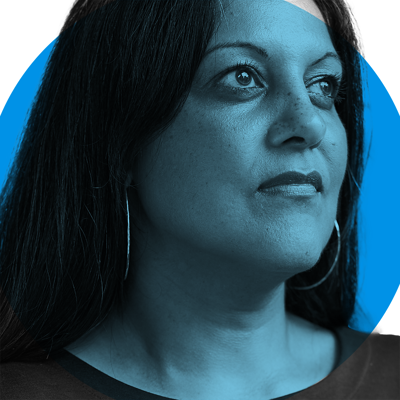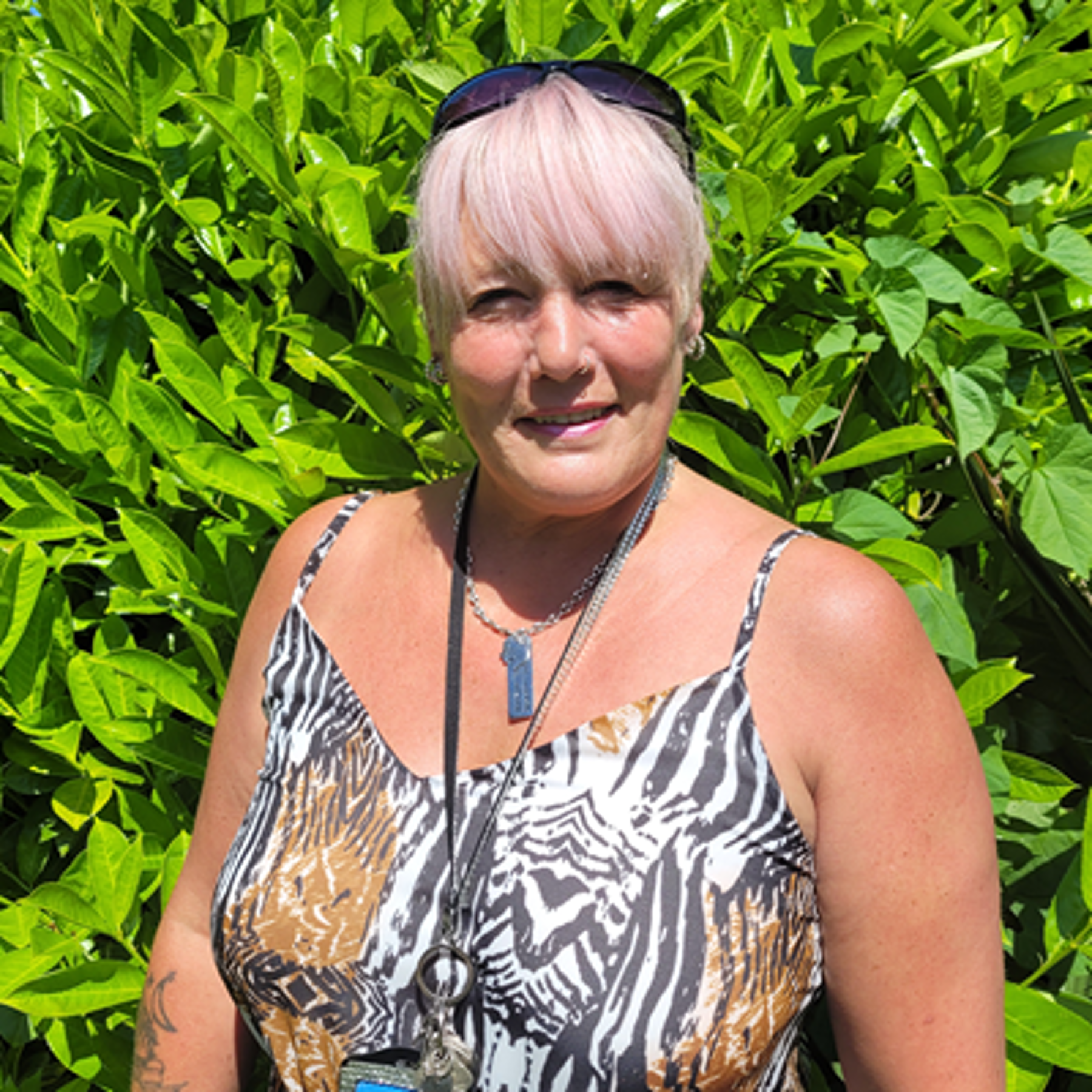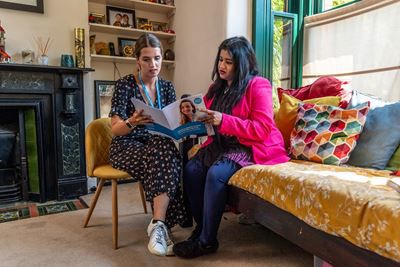What is stigma and discrimination?
Stigma is when someone has a negative attitude about someone else for a specific reason. Discrimination is when someone is treated unfairly because of that reason.
Many people living with severe mental illness experience stigma and discrimination. It can come from:
- The person themselves – their own beliefs and concerns about their condition.
- Their community – how their friends, family, work colleagues and others might judge mental illness.
- Institutions – where professional rules or practices treat people with a severe mental illness differently to those without.
Let's Rethink
Stigma stops people seeking support
Stigma and discrimination can be devastating to a person’s life. It can prevent people getting the treatment and support they need to manage their illness and cause them to feel worse about themselves.
In May 2021, 88% of people living with severe mental illness reported that discrimination is still widespread in the UK. Read the full survey results.
Two years later, three in five people said the fear of how they would be perceived by others stopped them seeking support in our survey of 1,300 people living with conditions such as bipolar disorder, schizophrenia, eating disorders and personality disorders. Read our Stigma Effect survey results.
-
Judgement and shame
"The shame was overwhelming, and I felt so unworthy as both a mother and a daughter. I experienced stigma and discrimination from my family being called anything from a ‘nutter’ to ‘mental’."
Read TJ's story Read TJ's story
Time to Change: a ground-breaking campaign
Time to Change was a 15-year-long anti-stigma and discrimination campaign we ran, alongside Mind, which transformed the way we think about mental health in England.
Ending in 2021, Time to Change helped the nation feel more comfortable talking about the topic of mental health. It empowered people to open up about what it’s like to live with a mental illness, and worked with schools, communities, workplaces and beyond, to educate people how to understand and listen without judgement.








